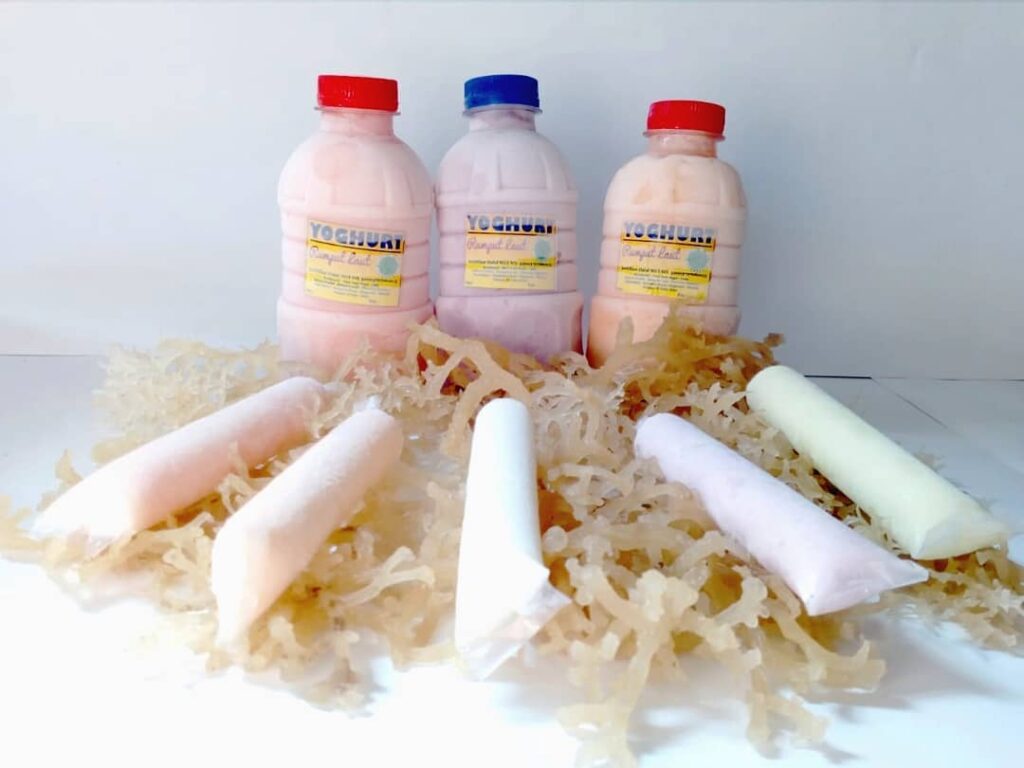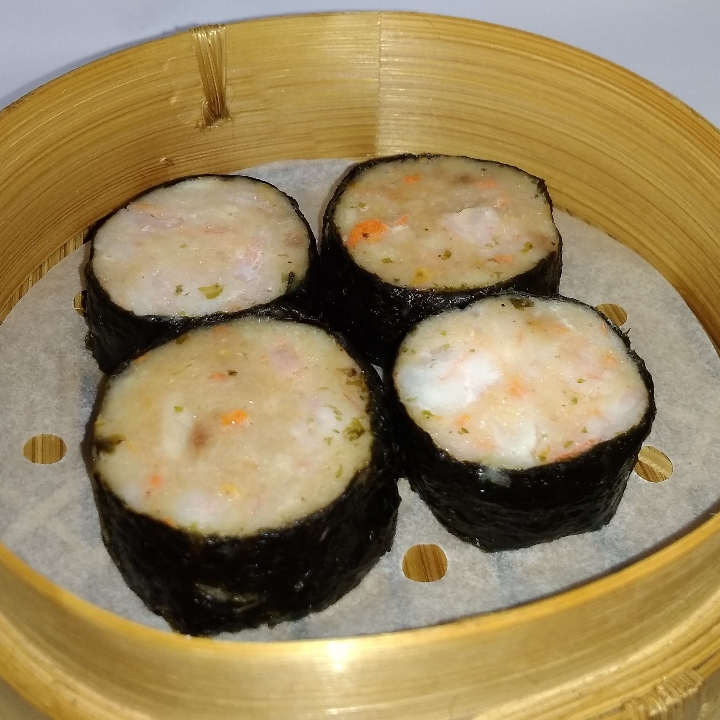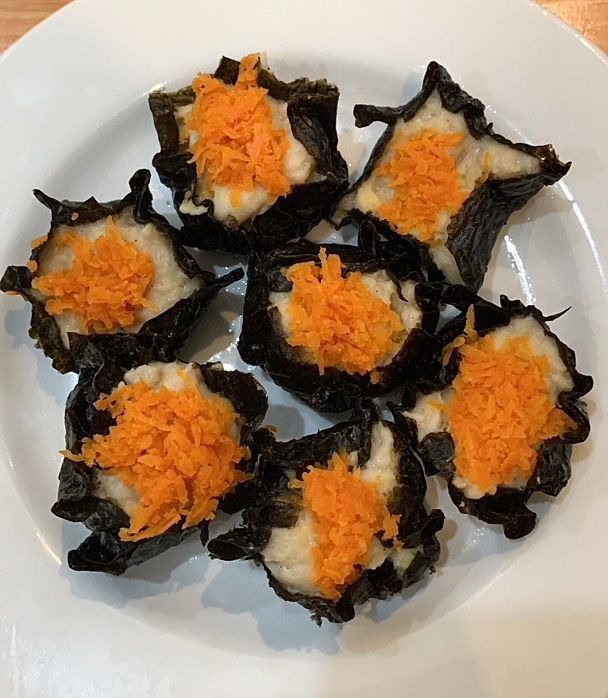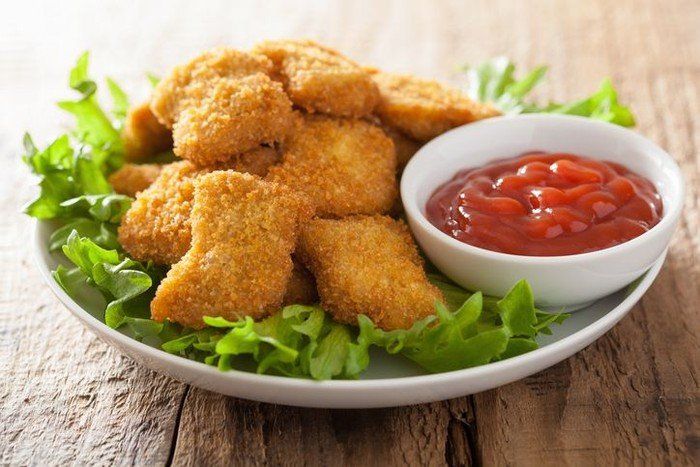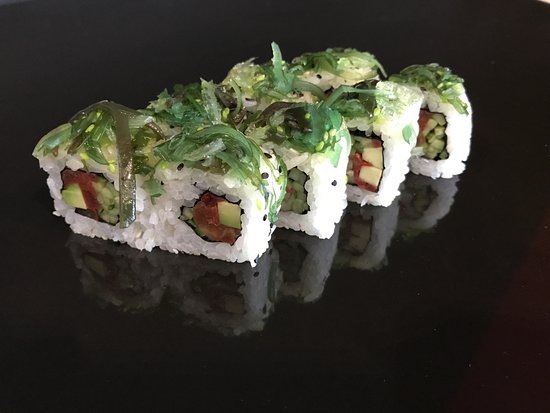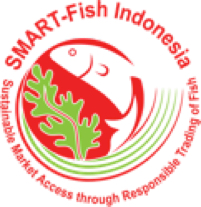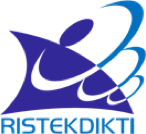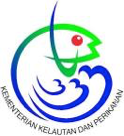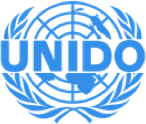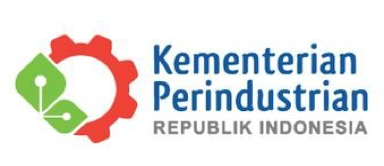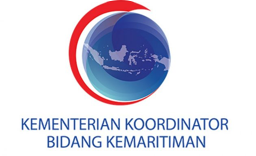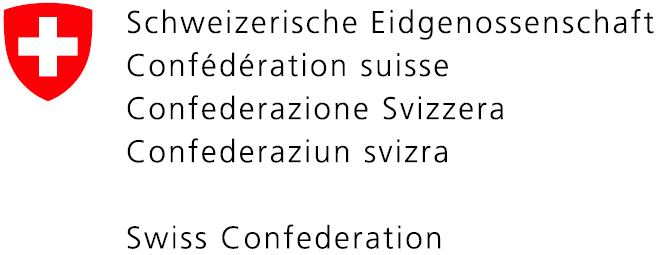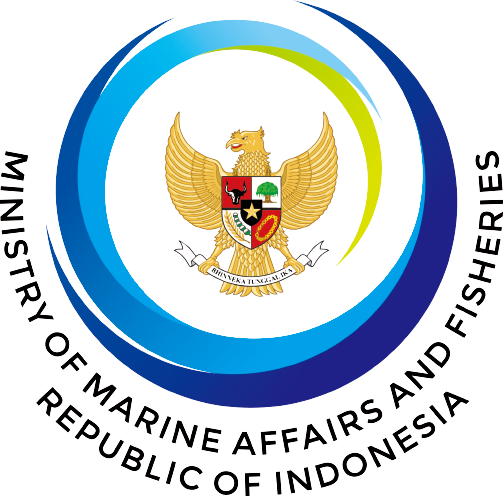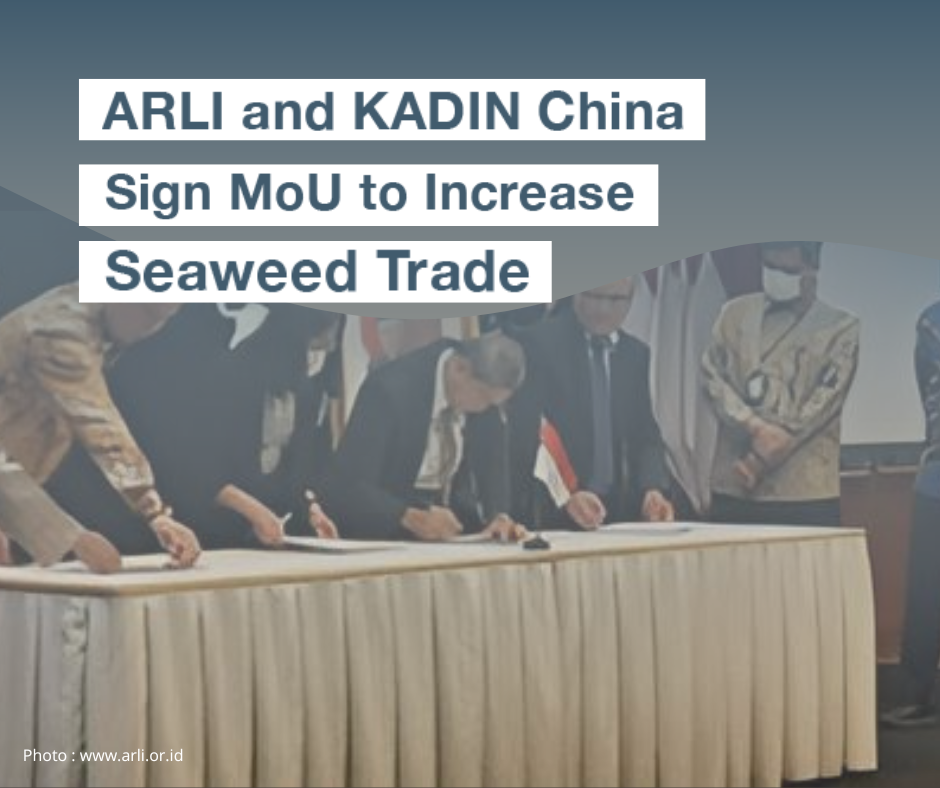
ARLI and KADIN China Sign MoU to Increase Seaweed Trade
The Indonesian Seaweed Association (ARLI) which is member of the Indonesian Chamber of Commerce and Industry (KADIN) signed a memorandum of understanding with the China Chamber of Commerce of Import & Export of Foodstuffs, Native Produce and Animal By-Products (CFNA) about the basic framework for cooperation between the two countries, particularly in relation to trade, exchange of information and support, efforts to resolve obstacles and promotion through network sites.
The signing of the MoU initiated by the Indonesian Ministry of Trade together with the Indonesian Embassy to China took place at the Indonesian Ministry of Trade Office in Jakarta, while at the same time the Chinese side also signed in Beijing, Friday (11/11/2022).
Chairman of ARLI, Safari Azis said that China is the largest market share, which is around 70 percent of Indonesia’s seaweed exports, both in the form of raw materials and processed products.
Related topic: Seaweed is the New Corn, Will Macroalgae be the 21st Century's New Staple Crop?
However, sometimes there are still obstacles related to regulations or policies issued by each competent authority, so it is necessary to carry out mediation efforts through the Chinese Chamber of Commerce.
“Especially considering that seaweed is a non-Animal commodity or not derived from animals, so that an exception or different treatment is needed. Besides that, the global situation of seaweed also requires cooperation in the field of research and development as well as handling issues or campaigns. negative related to seaweed and its processed products,” said Safari Azis, who is also the Chairman of the Indonesian Chamber of Commerce and Industry’s Standing Committee for the Association of Agriculture, Forestry, Livestock, Fishery and Food Processing Industries.
Responding to the high intention to attract investment in the seaweed commodity sector, Safari emphasized that we need to consider the investment opportunities on this sector and its effects to the existing business actors, as well as an understanding the types of seaweed and their derivatives from the upstream to the downstream ecosystem so that its development accordance with market needs.
Related topic: Seaweed Aquaculture, from Historic Trends to Current Innovation
“Increasing the production of seaweed cultivation in the upstream sector and increasing the competitiveness of the processing industry in the downstream sector, it should be the Indonesia’s main focus at this time. ARLI has delivered several recommendations which are expected to be considered by policy makers,” said Safari.
Safari said that his association is concerned about the existence of a number of seaweed factories built by the government but not yet operating. The presence of investors with the support of financing and technology is certainly expected to also save state assets.
Currently, a number of investors in several locations in Indonesia has been developed Company Farming which applies seaweed cultivation technology starting from seeding, harvesting and post-harvesting which is expected to improve the quality and quantity of Indonesian seaweed production. And lastly, alternative investments can also be made by collaborating with existing factories through technology transfer, research and development, capital and market access that can increase competitiveness in the global market.
Related topic: Investors Back Seaweed Packaging Innovators as Plastic Waste Crisis Creates Demand for Sustainable Alternatives
“It is also necessary to give priority to investors who will set up seaweed processing to produce Work in Progress (WIP) inventory from the existing factory instead of using dried seaweed raw materials. This is to maintain the sustainability and balance of the business”, safari said.
In addition, he continued, it is also optimism that there will be a processing industry that processes types of seaweed other than Eucheuma and Gracilaria, so that the availability of raw materials to produce hydrocolloids are not limited.
“And of course, what can still continue to be developed is a seaweed processing to produce fertilizer, animal feed, energy sources, bio-plastics and so on”, concluded Safari.
source: www.arli.or.id
